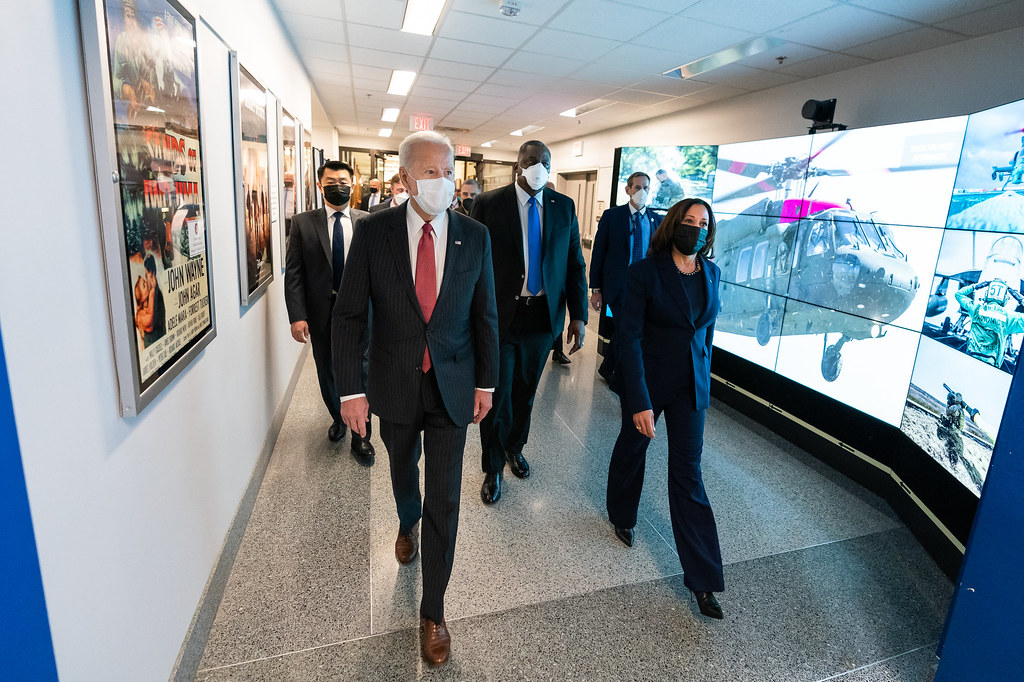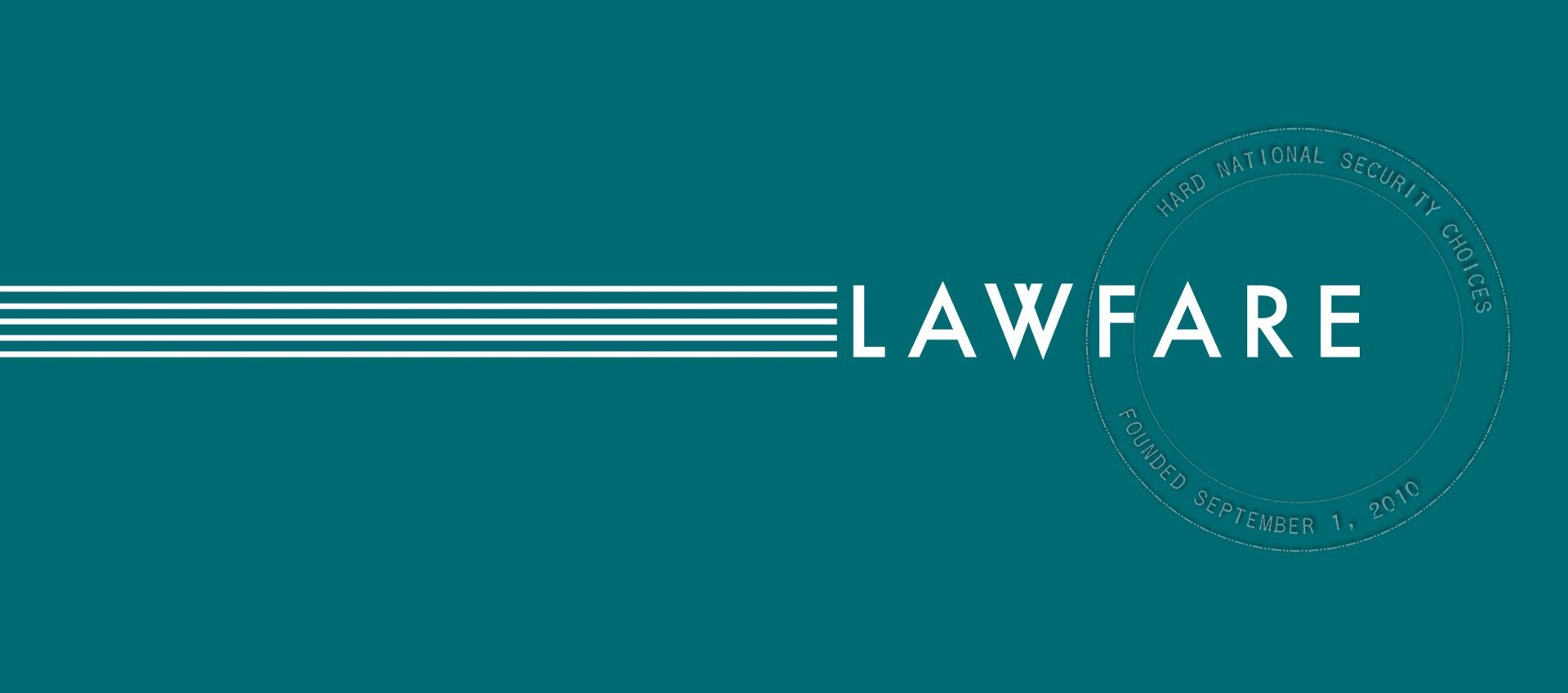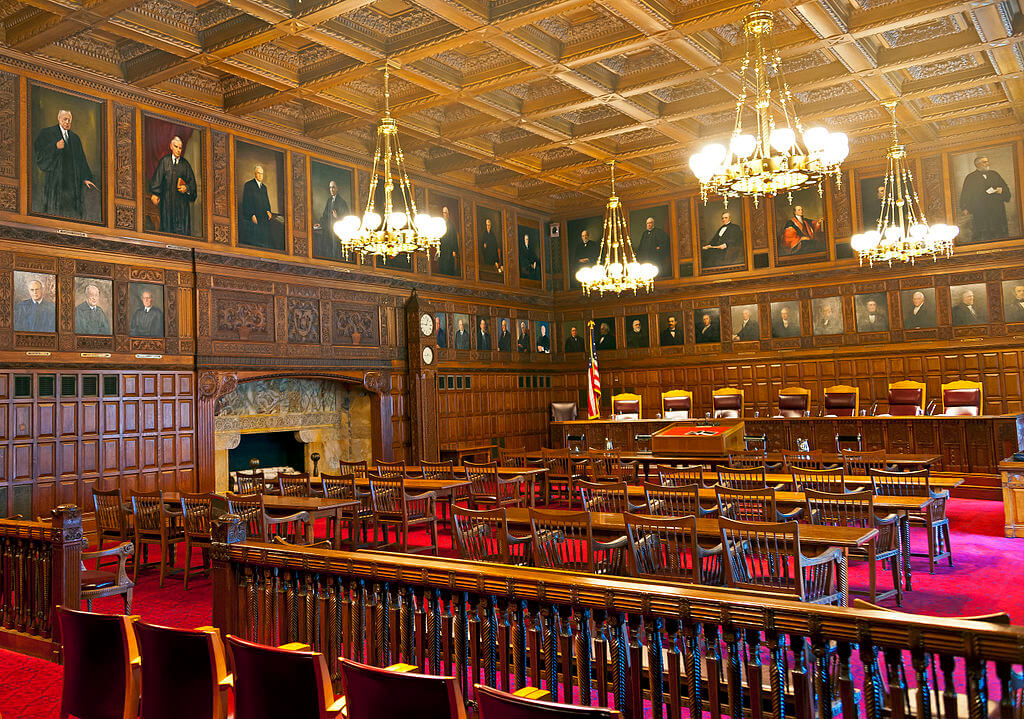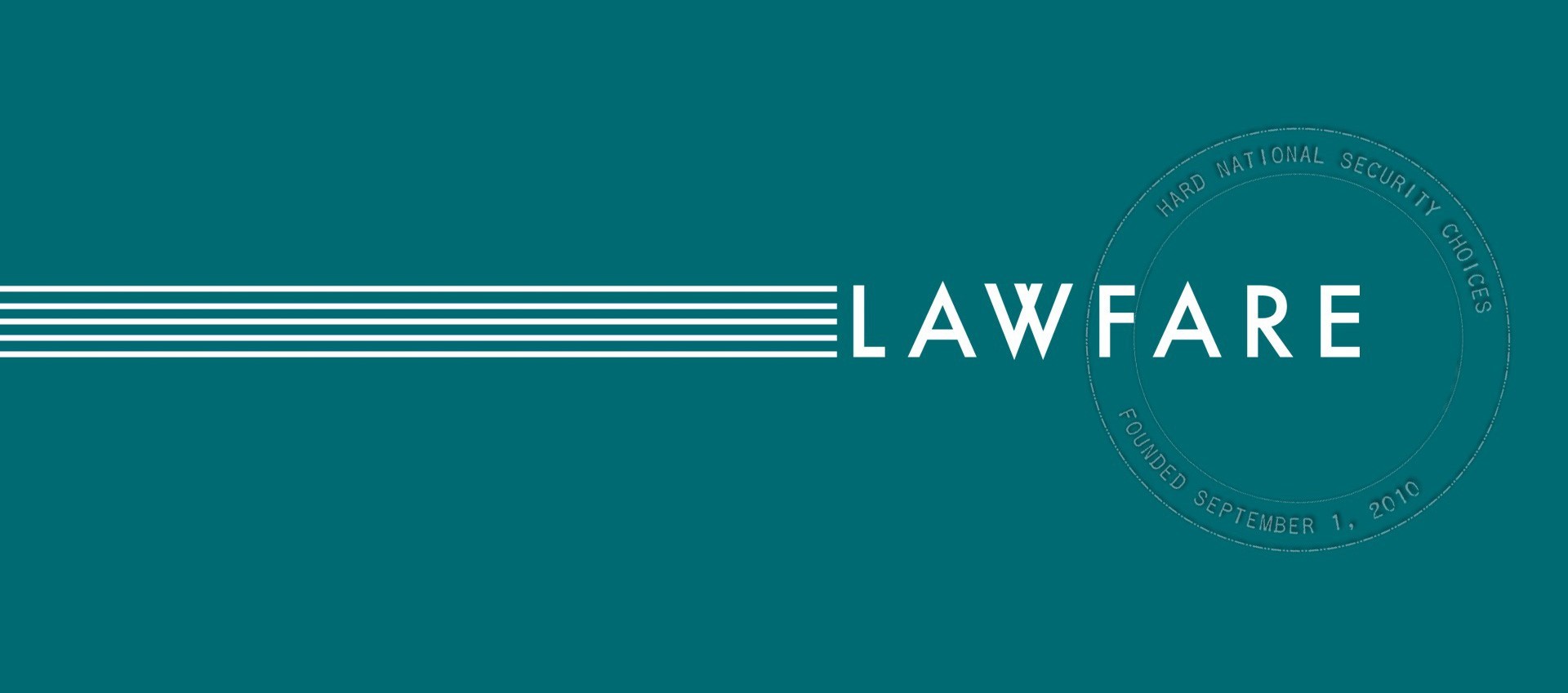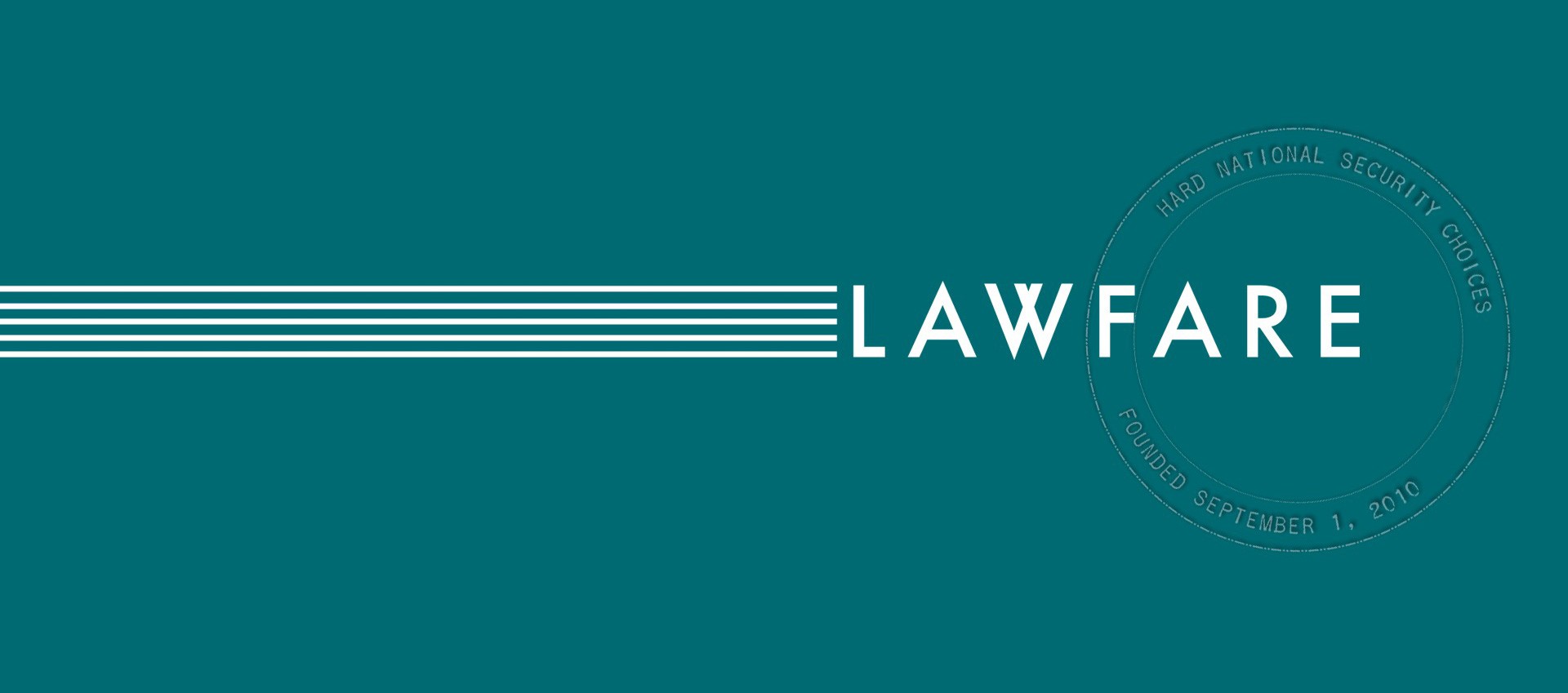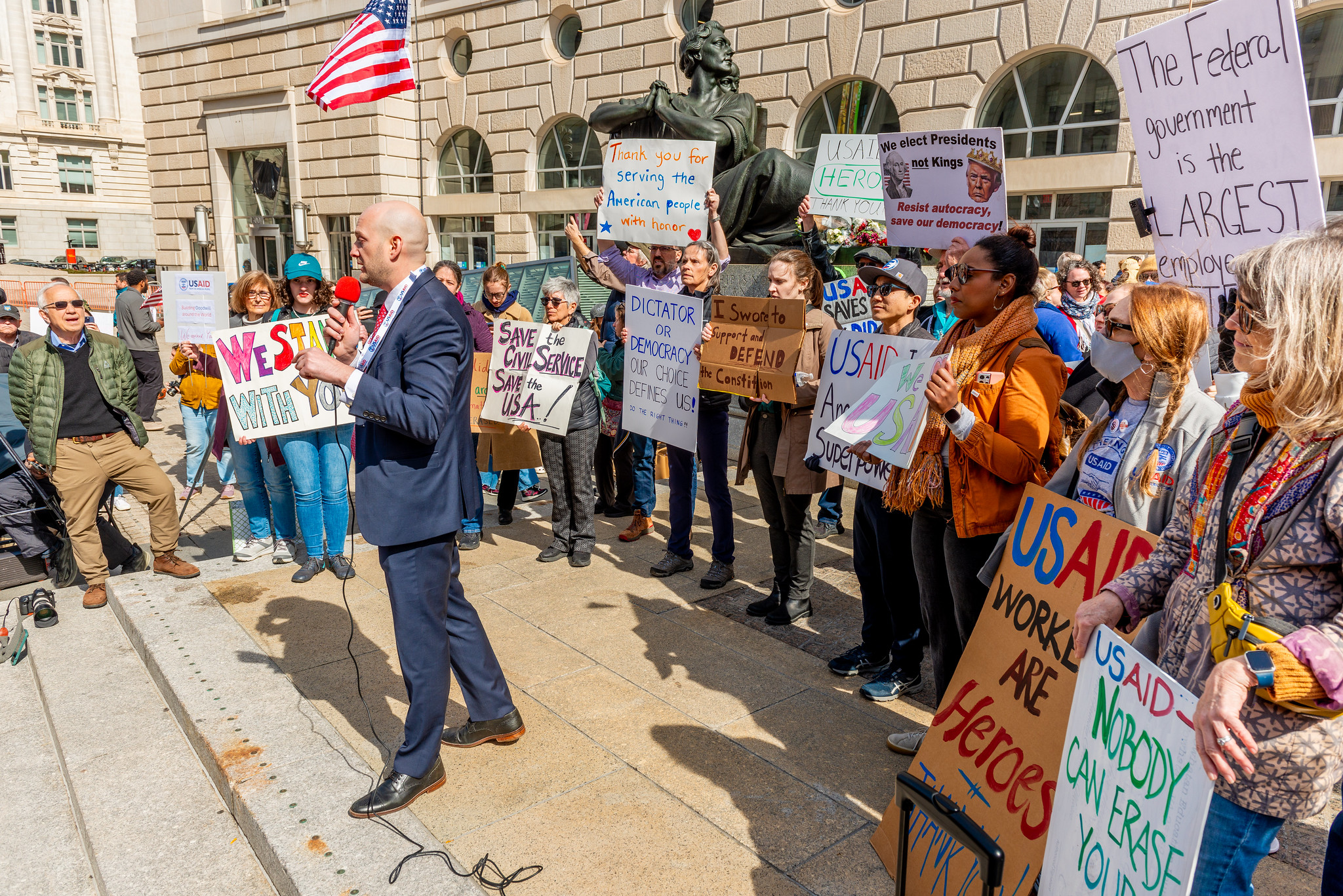-

The Lawfare Podcast: The Israeli Judicial System on the Brink
-

Lawfare No Bull: D.C. Circuit Hears Oral Arguments in Scott Perry Case
-

Lawfare No Bull: Supreme Court Hears Oral Argument in Twitter Inc. v. Taamneh
-

Lawfare No Bull: Supreme Court Hears Oral Arguments in Gonzalez, et al. v. Google
-

Nicaragua’s Political Repression Will Continue Despite Prisoner Release
One thing about the releases is clear: Ortega and Murillo do not provide charity. -

The Week That Was: All of Lawfare in One Post
Your weekly summary of everything on the site. -

Where the New National Cybersecurity Strategy Differs From Past Practice
Although the strategy builds on cybersecurity efforts from the previous three administration -

GoodRx, Health Data Brokerage, and the Limits of HIPAA
-

The Lawfare Podcast: Counterintelligence Today with Mirriam-Grace MacIntyre and Alan Kohler
-

The Biden-Harris Administration Releases New National Cybersecurity Strategy
The long-awaited National Cybersecurity Strategy seeks to make fundamental changes to underl -

Biden Administration Issues Annual War Powers Report for 2022
The war powers report for calendar year 2022 clarifies a potential discrepancy in the U.S.’s -

Cybersecurity’s Third Rail: Software Liability
The Biden administration’s cybersecurity strategy calls for placing responsibility for buggy -

Justice Department Files Brief in Thompson v. Trump
The Justice Department’s brief, filed in response to a request by the D.C. circuit court, ar -

ChinaTalk: How Does AI Actually Work, Anyways?
-

ChinaTalk: Will Xi Give Putin Arms? Has A Cold War Already Begun?
-

ChinaTalk: AI's Regulatory Future in the US, China, and EU
-

The National Security Law Podcast: Not *That* Linda Hamilton
-

TechTank: How Memes are Impacting Democracy
-

White House Releases National Cybersecurity Strategy
The strategy is designed to address cyber threats while also working to increase pathways fo -

Rational Security: The ‘Key West v. West Bank’ Edition
More Articles
-

Don’t Use Shutdown Plans to Slash the Federal Workforce
The administration’s misguided attempt to lay off employees who aren’t excepted from shutdowns. -

Outside America, Musk's X is a Foreign Influence Threat
The latest edition of the Seriously Risky Business cybersecurity newsletter, now on Lawfare. -

Lawfare Daily: A World Without Caesars
Does the way a social media platform is built influence how users use it?


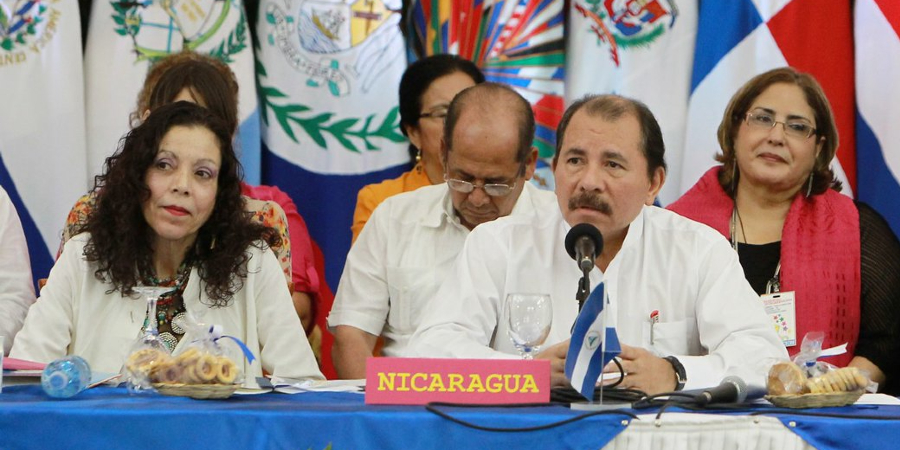
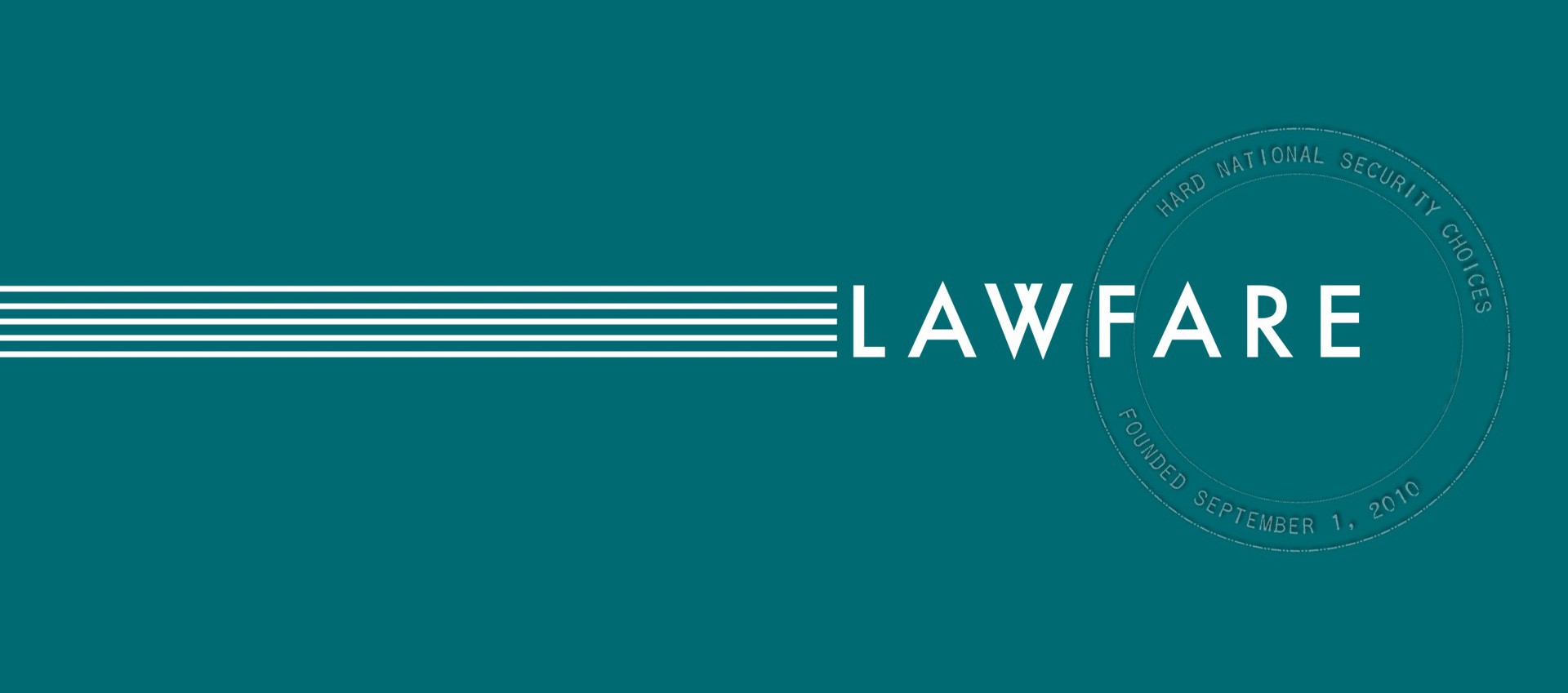
-jpg.jpg?sfvrsn=8c7c9f14_0)

